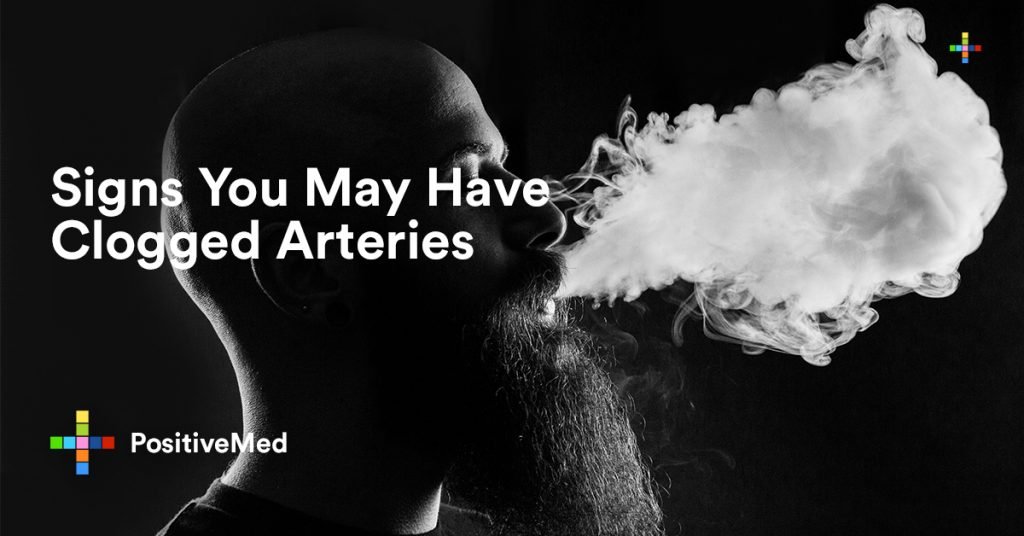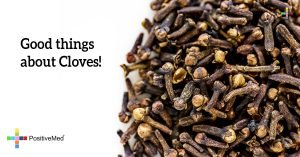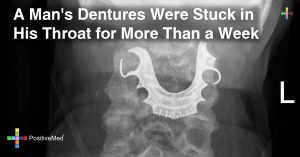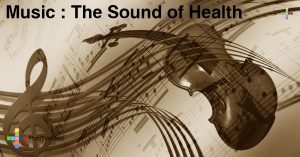[nextpage title=”…”]
Each year in the United States more than 700,000 people suffer a heart attack, and almost 400,000 people die of coronary heart disease (CHD). Preventing heart disease in patients is the main goal, but early detection of clogged arteries is the next best thing. This can lead to changes in lifestyle and medical therapies that can delay or deny the onset of a heart attack; almost 80% of heart disease is preventable with lifestyle changes.
Clogged arteries increase the likelihood of formation of blood clots, which can either partially or completely block arteries supplying blood to the brain or heart muscle. The medical name for clogged arteries is atherosclerosis and other names by which this condition is known are CAD or coronary artery disease, heart disease, hardening or narrowing of arteries, and ischemic heart disease.
Clogged arteries are a result of plaque formation on the inner walls of arteries (see illustration). Plaque is composed primarily of fatty substances, cholesterol,

According to researchers, clogged arteries in your arms and legs can lead to a condition called peripheral arterial disease (PAD). Manifestations of PAD include muscle cramping in the hip, thigh, or calf, especially after climbing stairs or walking. This is called intermittent claudication. [/nextpage][nextpage title=”…”] With rest, symptoms of intermittent claudication cease to exist but resume with movement. Hair loss on the legs and changes in toenails as well as changes in the color of your legs are also common symptoms of clogged arteries. Numbness, tingling, and coldness of your extremities are also signs of clogged arteries.
What May Cause Clogged Arteries:
•
• Smoking. This never helps and is a risk factor for many health conditions. Consider quitting seriously. Passive smoking or being exposed to secondhand smoke is just as dangerous, so take steps to ensure you are not exposed to it. Smoking damages blood vessels raise blood pressure and cholesterol levels. Smoking also interferes with the oxygenation process by constricting blood vessels and also makes your heart work faster as a consequence [Useful link: 10 Tips to Quit Smoking].
• Obesity
• Lack of physical activity
• High blood sugar levels
• Elevated levels of the protein called CRP or C-reactive protein may also be an indicator of possible clogged arteries/plaque formation
• Family history of heart disease
[/nextpage][nextpage title=”…”]
• High blood pressure, which is defined as blood pressure staying consistently over 140/90 over a period of time. [How to Lower Blood Pressure Naturally]
Some Symptoms Are:
• Angina or chest pain. This might feel like a squeezing pain or pressure sensation in your chest, heaviness behind the sternum or breastbone, or a sense of impending doom. The pain can radiate to your shoulders, arms, back, or jaw. It is also activity-related, meaning that it tends to get worse during activities and tends to go away when you rest. It can also be brought on by any emotional stressors.
• Shortness of breath/fatigue is another common symptom. If you get short of breath easily or find it difficult to breathe, it could indicate a potential clogged artery.
It is important to note that people with clogged arteries may experience these symptoms progress over time as the arteries begin to clog up. When the arteries start narrowing up more, the severity of these symptoms may become more pronounced. It is quite unfortunate that many people tend to dismiss these warning signs – it generally is what makes the difference between timely medical intervention and treatment and suffering a fatal heart attack or disabling stroke.
How to Identify Symptoms of Clogged Arteries
[Last Updated on June 8th 2014]
[/nextpage]






